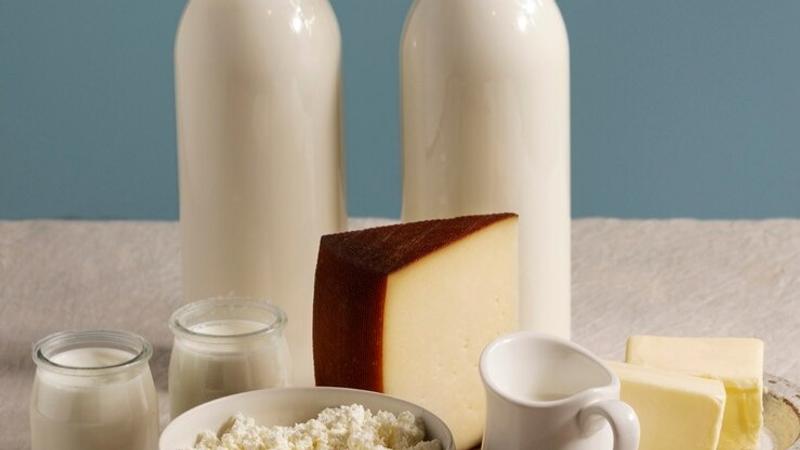Published 21:24 IST, May 8th 2024
These Food Products Are Banned In India To Protect Health And Ethics
To safeguard public health and adhere to ethical standards, the Food Safety and Standards Association of India (FSSAI) has imposed bans on various food items.

India is renowned for its rich culinary diversity and strict food safety regulations. To safeguard public health and adhere to ethical standards, the Food Safety and Standards Association of India (FSSAI) has imposed bans on various food items. These prohibitions address health risks, environmental concerns, and moral objections.
Chinese milk products
Since 2008, all Chinese milk and related dairy products have been banned in India. This decision followed significant safety scandals in China, including the discovery of melamine in milk. This toxic chemical, used to falsely enhance protein content readings, poses severe health risks. India's ban on these products is a preventive measure against the introduction of contaminated dairy into its food system.

Genetically Modified (GM) foods
India exercises stringent controls over genetically modified crops and foods, driven by fears over potential environmental damage and health implications. While GM crops like Bt cotton are approved for cultivation, GM food crops undergo rigorous evaluation processes. The cautious approach reflects widespread concerns about the unknown long-term impacts of GM foods on health and biodiversity.

Potassium bromate
Recognized for its role in enhancing dough elasticity and increasing bread volume, potassium bromate was banned in 2016 after being classified as a carcinogen. Studies have linked it to a higher incidence of cancers, particularly thyroid cancer. This ban underscores India’s commitment to preventing health hazards linked to food additives.
Artificial ripening agents
Agents like calcium carbide, which are used for the artificial ripening of fruits, are also banned. These chemicals, particularly calcium carbide, can emit acetylene gas, a potential carcinogen, thereby posing health risks. The prohibition ensures that only naturally ripened fruits, which are safer for consumption, are available in the market.
Foie gras
In 2014, India banned Foie Gras due to the cruel practices involved in its production, specifically the force-feeding of ducks and geese. This decision highlights India's stance on animal welfare and its alignment with global efforts to end inhumane treatment in food production.
Updated 21:24 IST, May 8th 2024



